A recently screened and still available episode of the BBC programme Countryfile http://www.bbc.co.uk/iplayer/episode/b079ywf9/countryfile-conservation-compilation features BU PhD student Gitte Kragh’s research on what motivates members of the public and students to volunteer as Citizen Scientists for wildlife conservation. The programme showcases the National Trust’s Cyril Diver project, a nationally important project that has measured how the stunning wildlife of Studland, South Haven Peninsula on Purbeck has changed since it was recorded in detail by Cyril Diver in the 1930’s Gitte’s work has shown that the main motivation for people to participate in projects like the Cyril Diver is that they want to do something they feel is worthwhile, in this case help to protect the environment to ensure it is there for future generations. Another important aspect that draws volunteers to the Cyril Diver project is the opportunity for volunteers to learn more about nature, both through specialist workshops and through training in the field with expert naturalists.
Bournemouth University has been a close partner on the Cyril Diver project resulting in the co-creation of research by three BU PhD students, three MSc students, a dozen UG students and over 40 Student Environment Research Team (SERT) students. This work is informing future wildlife conservation management planning for Studland. BU and the NT are building on the success of the FIF-funded SERT co-creation work to develop our partnership model into a long term project for co-creating research of impact for wildlife conservation management that intergrates student and general public citizen scientists. For more information please contact Dr Anita Diaz adiaz@bournemouth.ac.uk
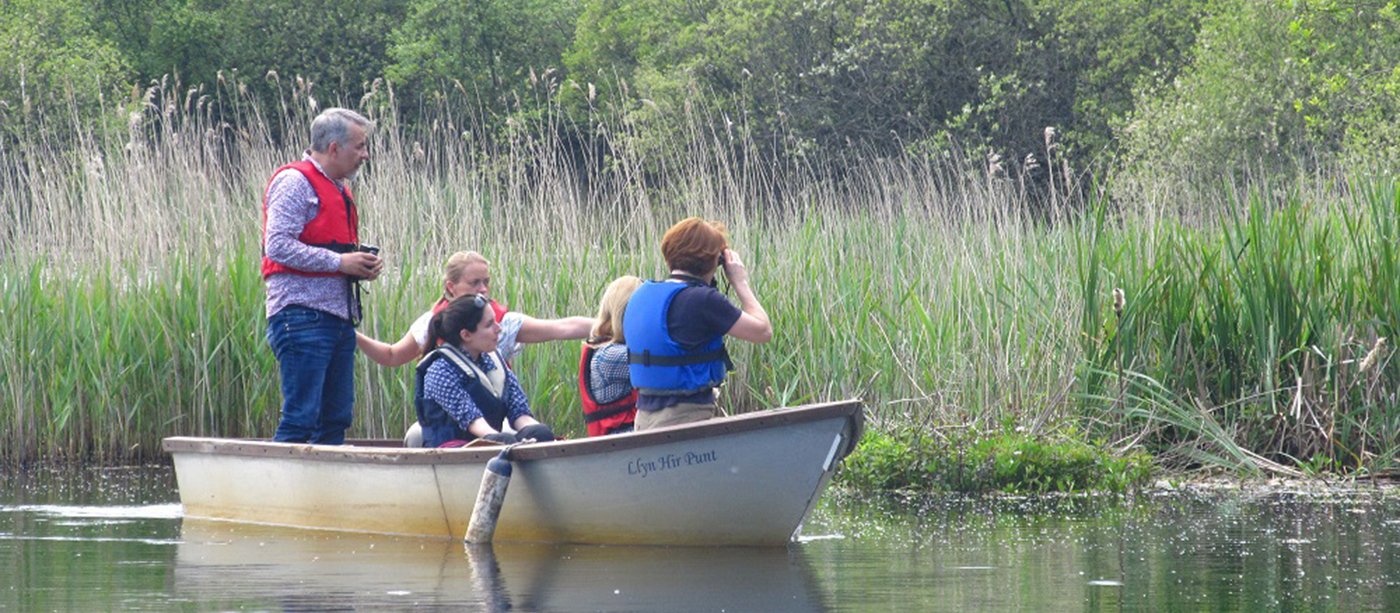
 We would like to invite you to the latest research seminar of the Creative Technology Research Centre.
We would like to invite you to the latest research seminar of the Creative Technology Research Centre.




![image[1]](http://blogs.bournemouth.ac.uk/research/files/2016/05/image1-1-300x113.jpeg)
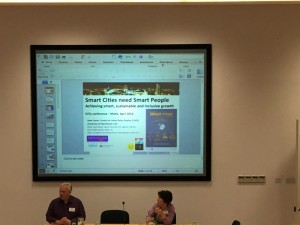
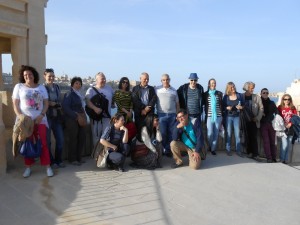

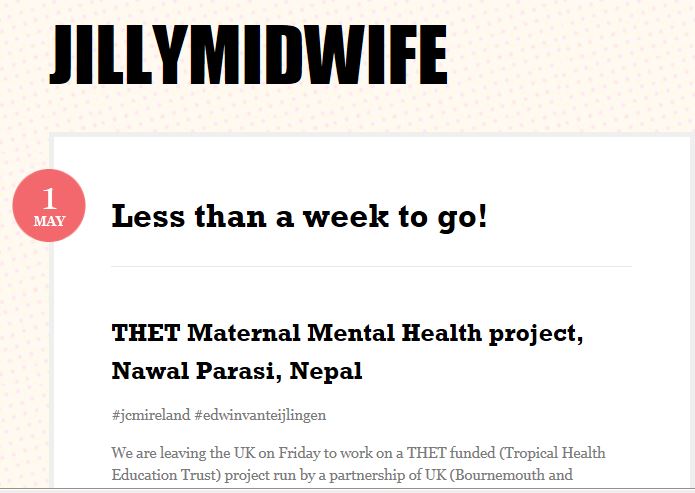
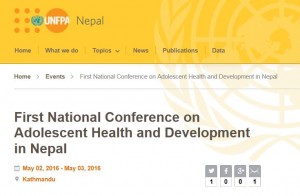




 Sascha Dov Bachmann, Associate Professor in International Law, FMC, has been made Extraordinary Visiting Professor (AP) in War Studies at the Swedish Defence University (FHS). This appointment recognizes his contribution to the work of the
Sascha Dov Bachmann, Associate Professor in International Law, FMC, has been made Extraordinary Visiting Professor (AP) in War Studies at the Swedish Defence University (FHS). This appointment recognizes his contribution to the work of the 










 Upcoming opportunities for PGRs – collaborate externally
Upcoming opportunities for PGRs – collaborate externally BU involved in new MRF dissemination grant
BU involved in new MRF dissemination grant New COVID-19 publication
New COVID-19 publication Conversation article: London Marathon – how visually impaired people run
Conversation article: London Marathon – how visually impaired people run MSCA Postdoctoral Fellowships 2024
MSCA Postdoctoral Fellowships 2024 Horizon Europe News – December 2023
Horizon Europe News – December 2023